Embrace the Sounds of Summer: Tips for Looking After Your Hearing
Summer is a season filled with vibrant sounds—from the cheerful chirping of birds to the rhythmic waves crashing on the shore.
At Ealing Hearing Centre, we want to ensure you enjoy every moment of this soundscape by taking excellent care of your hearing. Here are some essential tips to help you protect your ears and maintain optimal hearing health this summer.
1. Protect Your Ears from Loud Noises
Summer often means outdoor concerts, fireworks, and bustling festivals. While these events are fun, the high noise levels can harm your hearing. To protect your ears:
- Use Earplugs: Keep a pair of high-fidelity earplugs handy to reduce noise levels without compromising sound quality.
- Maintain Safe Distances: Stand at a reasonable distance from speakers and other loud sound sources.
- Limit Exposure: Take breaks from the noise to give your ears a rest.
2. Keep Your Ears Dry
Swimming is a favourite summer activity, but prolonged exposure to water can lead to ear infections. Here’s how to keep your ears dry:
- Use Earplugs: Wear waterproof earplugs when swimming to prevent water from entering your ear canals.
- Dry Your Ears: After swimming, gently dry your ears with a towel and tilt your head to let any trapped water escape.
- Avoid Cotton Swabs: Don’t use cotton swabs to dry or clean your ears, as they can push water further inside and cause damage.
3. Stay Hydrated
Hydration is crucial for overall health, including your hearing. Dehydration can lead to thicker earwax, which may cause blockages and hearing issues. Drink plenty of water throughout the day to maintain proper ear function.
4. Beware of Ear Infections
Warm weather and water activities increase the risk of ear infections. To prevent infections:
- Keep Ears Clean: Maintain good ear hygiene, but avoid over-cleaning, which can strip away protective earwax.
- Avoid Contaminated Water: Swim in clean, well-maintained pools and avoid water with high bacteria levels.
5. Schedule a Hearing Check-Up
Regular hearing check-ups are vital for maintaining good hearing health. Summer is an ideal time to schedule a visit to Ealing Hearing Centre. Our comprehensive hearing tests can detect early signs of hearing loss, allowing for timely intervention and treatment.
6. Use Hearing Protection Devices
If you already use hearing aids, ensure they are well-maintained and equipped with moisture-resistant features. Summer heat and humidity can affect electronic devices, so keep them dry and store them in a safe place when not in use. If you are unsure, please call us.
7. Enjoy Nature’s Sounds
Take advantage of the quieter moments of summer to relax and listen to nature’s soothing sounds. These natural sounds can be therapeutic and beneficial for your overall well-being.
Summer offers a symphony of delightful sounds that you shouldn’t miss due to preventable hearing issues. By following these tips, you can protect your ears and enjoy the season to its fullest. At Ealing Hearing Centre, we’re dedicated to helping you maintain excellent hearing health. If you have any concerns or need advice, don’t hesitate to reach out to us. Here’s to a sound-filled summer!
For more information or to schedule a hearing assessment, visit Ealing Hearing Centre today. Enjoy your summer with the confidence of clear, healthy hearing!



